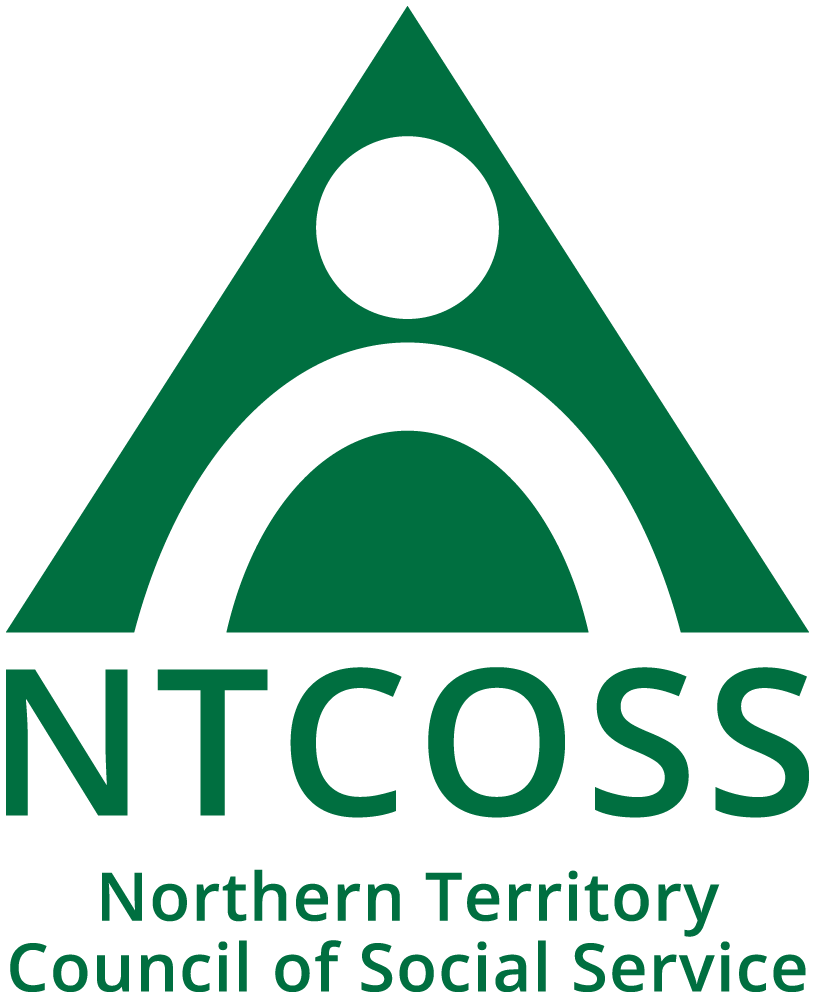The CALMER Approach: A practical, co-designed process which integrates emotional regulation into positive behaviour support
Why is it important to integrate emotional regulation as an indicator of quality of life?
How can we distinguish behaviour resulting from a cognitive perspective (functional and intentional) from those resulting from an emotional stress response?
Is it possible to apply co-design in positive behaviour support?
Join us for 6 practical and interactive 2 hour sessions that will introduce you to The CALMER Approach and how you can integrate therapeutic services to improve quality of life and narrow the gap between theory and practice. CALMER uses an inclusive, evidenced based approach to understanding the meaning of the behaviour from the person’s perspective, including the person and their stakeholders in the process to create shared meaning.
What is CALMER?
The CALMER Approach is an empathetic, relational model for delivering services to enhance emotional regulation and safe interactions (behaviours). It is positive, person-centered and affirming. The approach is an engaging and evolving process of learning, understanding, formulating and explaining the relationship between the emotional regulation and interactions (behaviours).
CALMER utilises knowledge translation to synthesize neuroscience and behavioural approaches into practical and accessible supports. It draws on polyvagal theory, collaborative problem solving, positive behaviour support, person-centered approach and trauma informed practices to understand the person, in the context of their own environment.
Activation of different structures in the brain influences human emotional regulation and behaviour. Understanding these relational principles, the CALMER Approach has specific interest in the influences of: Cortex (thinking brain), Amygdala (assessing danger), Limbic (emotional brain), Memory (emotions and experiences) and Emotional Regulation (the ability to cope with stress), or CALMER.
CALMER uses principals of co-design to assess, plan and implement capacity building skills beyond the replacement of the “function of the behaviour” towards capable environments and co-regulation.
By attending this training series, you will be able to integrate and maximise:
- Your ability to integrate theory into practice by understanding how neuroscience can enhance positive behaviour support;
- Your capacity to enhance choice and control in positive behaviour support through the use of co-design;
- Your skill in providing opportunities for engagement and participation;
- Your skill in identifying how emotional regulation impacts on behaviour;
- Hands on experience in utilising new assessment tools and support plan formulation;
- Ideas for supporting key stakeholders, including them in the co-design process and providing for a capable environment;
- Your ability to provide more support ‘with’ instead of providing more support ‘for’;
- 12 hours CPD.
Who should attend?
This course is designed to introduce practitioners and allied health providers to principals they can practically apply in their work. Educational providers and teachers may also find this course applicable.
Your Facilitators:
Francisco de Paula is passionate about supporting all to reach their potential. The CALMER Approach developed out of his passion to close the gap between theory and practice while looking for ways to make more meaningful impact in positive behaviour support.
Francisco has been working in the disability sector for over 20 years, starting as a support worker in accommodation, day program, recreation program and employment settings. Since 2011, he has been working as Behaviour Support Practitioner and an Education and Training facilitator (in both TAFE and private courses). He is certified Person Centered Active Support facilitator since 2016 (through Greystanes Disability Services, NSW). Person-centred practice, PBS, neuroscience and trauma-informed practice strongly influence his practice and training.
Amy de Paula is an Occupational Therapist who has been working in community disability settings for over twenty years. With a passion for meaningful engagement and co-design, she loves anything that leads to people having autonomy and participation in their lives.
- Region: Statewide





